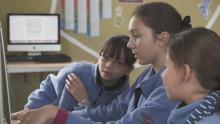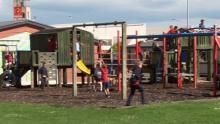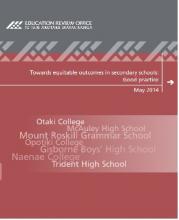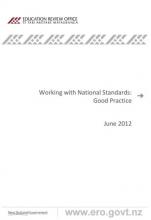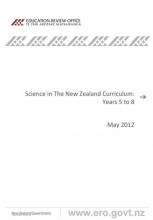Relationships for learning
A learning community characterised by whanaungatanga and manaakitanga creates the challenge and support needed to develop learning to learn capabilities and achieve successful learning outcomes.
This video was filmed at McAuley High School.


